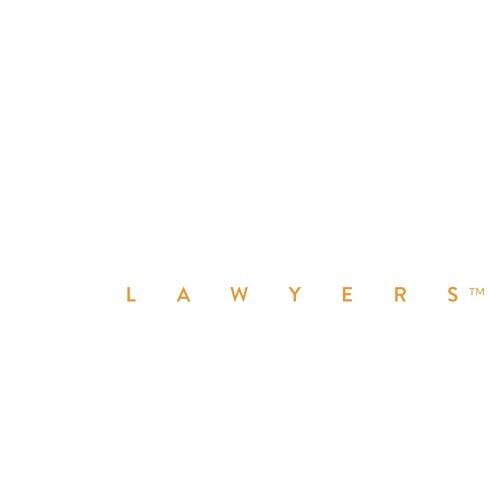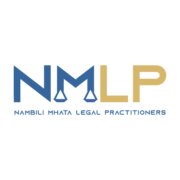Best Collaborative Law Lawyers in Namibia
Share your needs with us, get contacted by law firms.
Free. Takes 2 min.
Free Guide to Hiring a Family Lawyer
Or refine your search by selecting a city:
List of the best lawyers in Namibia
About Collaborative Law in Namibia
Collaborative Law in Namibia is a form of alternative dispute resolution where parties work together with their legal representatives to reach a mutually beneficial agreement. It is a voluntary process that allows individuals to resolve their legal issues outside of the courtroom, emphasizing communication and cooperation.
Why You May Need a Lawyer
You may need a lawyer in Collaborative Law in Namibia if you are facing divorce, child custody disputes, family law issues, or any other legal matter where collaboration and negotiation are essential. A lawyer can provide legal advice, represent your interests, and help facilitate the collaborative process.
Local Laws Overview
In Namibia, Collaborative Law is governed by the Collaborative Law Act of 2012. This Act outlines the procedures and requirements for engaging in collaborative practice, including the role of lawyers, clients, and the collaborative team. It is essential to familiarize yourself with this Act and other relevant laws before engaging in collaborative negotiations.
Frequently Asked Questions
1. What is Collaborative Law?
Collaborative Law is a voluntary process where parties work together to resolve legal issues without going to court.
2. How does Collaborative Law differ from traditional litigation?
Collaborative Law focuses on cooperation and communication, while traditional litigation involves adversarial court proceedings.
3. Do both parties need to hire a lawyer for Collaborative Law?
Yes, each party must have their lawyer to represent their interests and provide legal advice.
4. What happens if the collaborative process fails to reach an agreement?
If the parties are unable to reach an agreement, they may need to pursue traditional litigation to resolve their legal issues.
5. Is Collaborative Law confidential?
Yes, Collaborative Law discussions are confidential, and information disclosed during the process cannot be used in court.
6. How long does the collaborative process typically take?
The timeline for collaborative negotiations varies depending on the complexity of the issues involved and the willingness of the parties to cooperate.
7. Can Collaborative Law be used for any legal matter?
Collaborative Law is commonly used for family law matters, but it can also be utilized for other civil disputes.
8. How much does Collaborative Law cost?
The cost of Collaborative Law depends on the complexity of the issues involved and the hourly rates of the lawyers and other professionals involved in the process.
9. What are the benefits of Collaborative Law?
Collaborative Law offers parties more control over the outcome of their legal issues, promotes open communication, and can be less adversarial than traditional litigation.
10. How can I find a Collaborative Law lawyer in Namibia?
You can search for Collaborative Law lawyers through legal directories, bar associations, or by asking for recommendations from friends or family members.
Additional Resources
For more information on Collaborative Law in Namibia, you can contact the Namibian Bar Association or visit their website for a list of accredited Collaborative Law practitioners.
Next Steps
If you are considering Collaborative Law in Namibia, it is essential to consult with a lawyer who is experienced in this area of law. They can provide you with legal advice, guide you through the collaborative process, and help you achieve a fair and mutually satisfactory resolution to your legal issues.
Lawzana helps you find the best lawyers and law firms in Namibia through a curated and pre-screened list of qualified legal professionals. Our platform offers rankings and detailed profiles of attorneys and law firms, allowing you to compare based on practice areas, including Collaborative Law, experience, and client feedback.
Each profile includes a description of the firm's areas of practice, client reviews, team members and partners, year of establishment, spoken languages, office locations, contact information, social media presence, and any published articles or resources. Most firms on our platform speak English and are experienced in both local and international legal matters.
Get a quote from top-rated law firms in Namibia — quickly, securely, and without unnecessary hassle.
Disclaimer:
The information provided on this page is for general informational purposes only and does not constitute legal advice. While we strive to ensure the accuracy and relevance of the content, legal information may change over time, and interpretations of the law can vary. You should always consult with a qualified legal professional for advice specific to your situation.
We disclaim all liability for actions taken or not taken based on the content of this page. If you believe any information is incorrect or outdated, please contact us, and we will review and update it where appropriate.
Browse collaborative law law firms by city in Namibia
Refine your search by selecting a city.
















